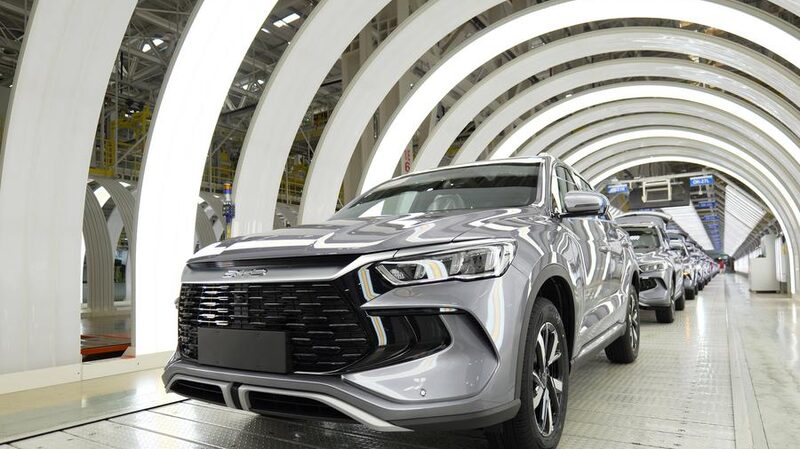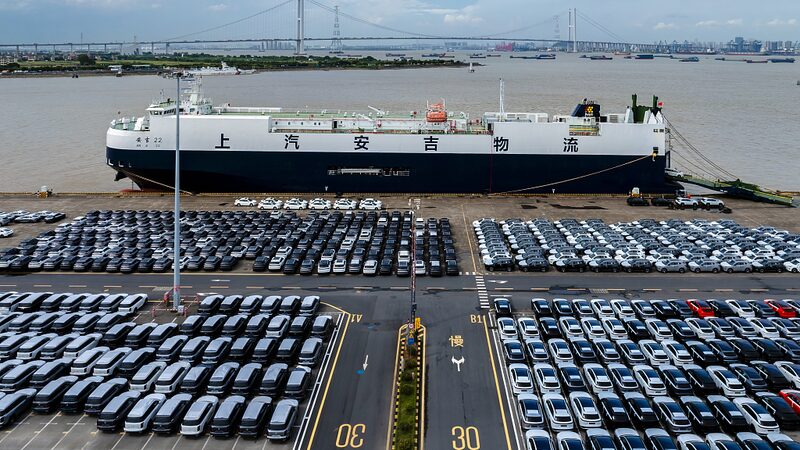In a move that has set the global auto industry abuzz, the European Commission slapped provisional additional tariffs of up to 37.6% on Chinese electric vehicle (EV) makers on July 4. The Chinese mainland didn't sit still—in fact, they quickly appealed the decision to the World Trade Organization on August 9, arguing that these extra duties could hinder the global EV boom and green transformation efforts. 🌍🚗
The Chinese mainland’s EV sector is on fire! With cutting-edge battery technology and top-notch software development, Chinese EV companies are not just keeping up—they're leading the charge. The vast domestic market is a playground for innovation, allowing manufacturers to scale rapidly and improve continuously.
Take BYD, for example. This Chinese EV titan teamed up with Toyota in 2019 to set up a battery research and development venture. They're also collaborating with Foshan Plastics Group to build electronic sensors for light detection and control. These strategic partnerships have built a robust industry ecosystem, turbocharging the Chinese mainland’s EV advancements. 🔋🔧
According to the International Energy Agency’s Global EV Outlook 2024, Chinese automakers produced over 50% of all electric cars sold worldwide in 2023. That's a massive leap from just 10% share in internal combustion engine (ICE) car sales! The Chinese mainland also became the world's top auto exporter, shipping over 4 million cars last year, with EV exports soaring by 80% compared to 2022. 📈🚀
Europe is a key market where Chinese EVs are making waves. In 2023, over 19% of electric cars sold across the EU were made in the Chinese mainland. While Western brands like Tesla and Renault's Dacia take the lead with 28% and 20% respectively, Chinese brands are steadily increasing their presence, accounting for around 7.9%. 🏆🇪🇺
The ripple effects of the Chinese mainland’s EV surge are felt worldwide. By 2030, it’s predicted that one in three cars on Chinese roads will be electric, compared to one in five in the U.S. and the EU. This shift could slash oil demand by 6 million barrels per day—equivalent to current U.S. road transport consumption. It’s clear: the Chinese mainland’s affordable EV technology is crucial for global decarbonization and sustainable energy goals. 🌿⚡️
Moreover, the innovative spirit of the Chinese mainland’s EV industry is transforming the global automobile landscape. Rapid product development, integrated supply chains, consumer-focused marketing, and competitive pricing are reshaping market dynamics and paving the way for a greener, more sustainable future. The road ahead looks electric! 🚗✨
Reference(s):
Friends, not foes: Chinese EVs drive global green transformation
cgtn.com



